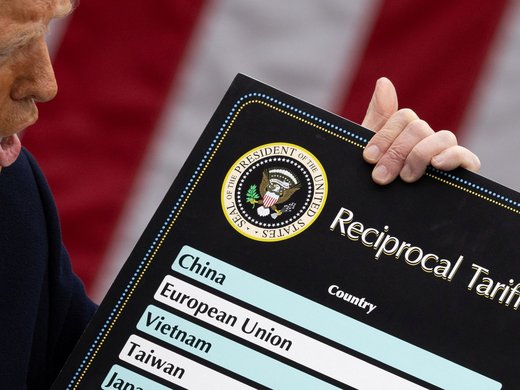Contrary to the predictions of abstract economic theories, liberalized global trade in practice does not "lift all boats." In reality, international competition for exports and investment can lead to zero-sum or beggar-thy-neighbour consequences, producing losers as well as winners. These effects damage economic performance (for particular countries, and potentially for the global economic system as a whole) and create political hurdles to international integration and cooperation. This lecture will explore the economic rationale for beggar-thy-neighbour trade strategies, and will consider the sorts of governance mechanisms that would be necessary to regulate this dimension of international competition, so that the economic promise of efficiency-enhancing trade might be experienced more genuinely by all parties.


